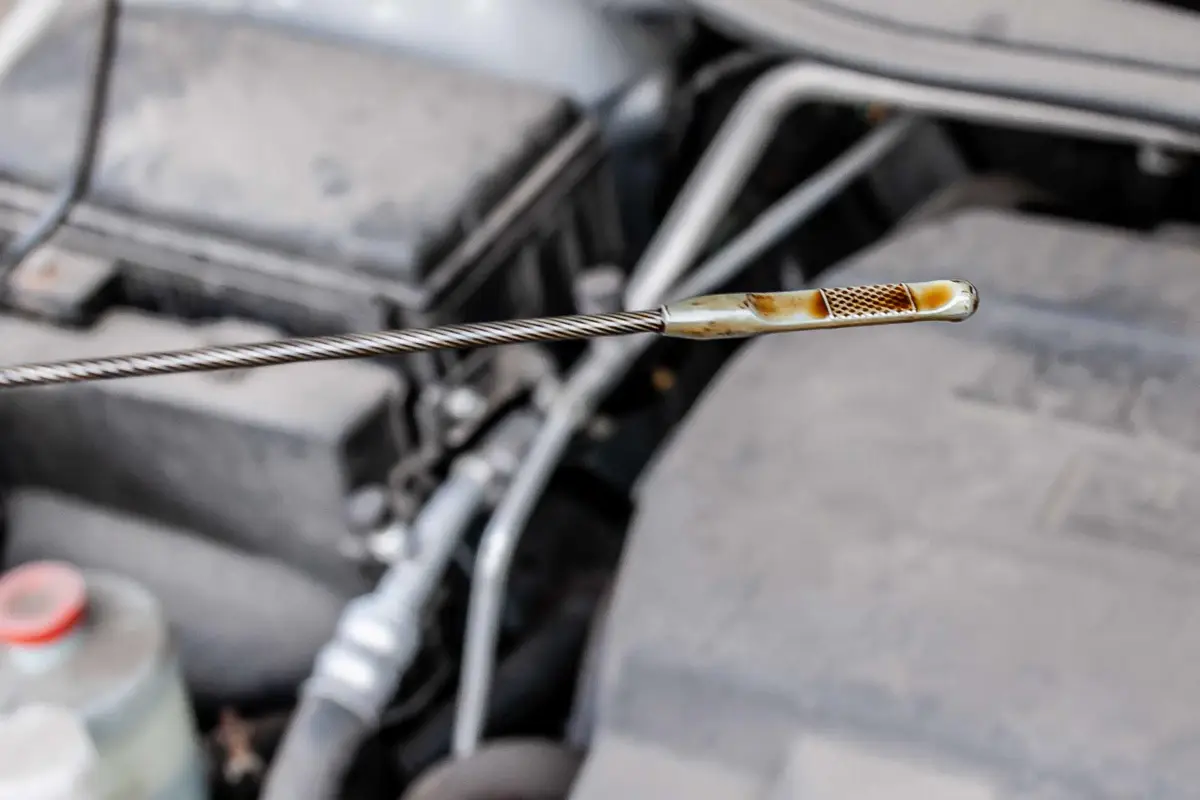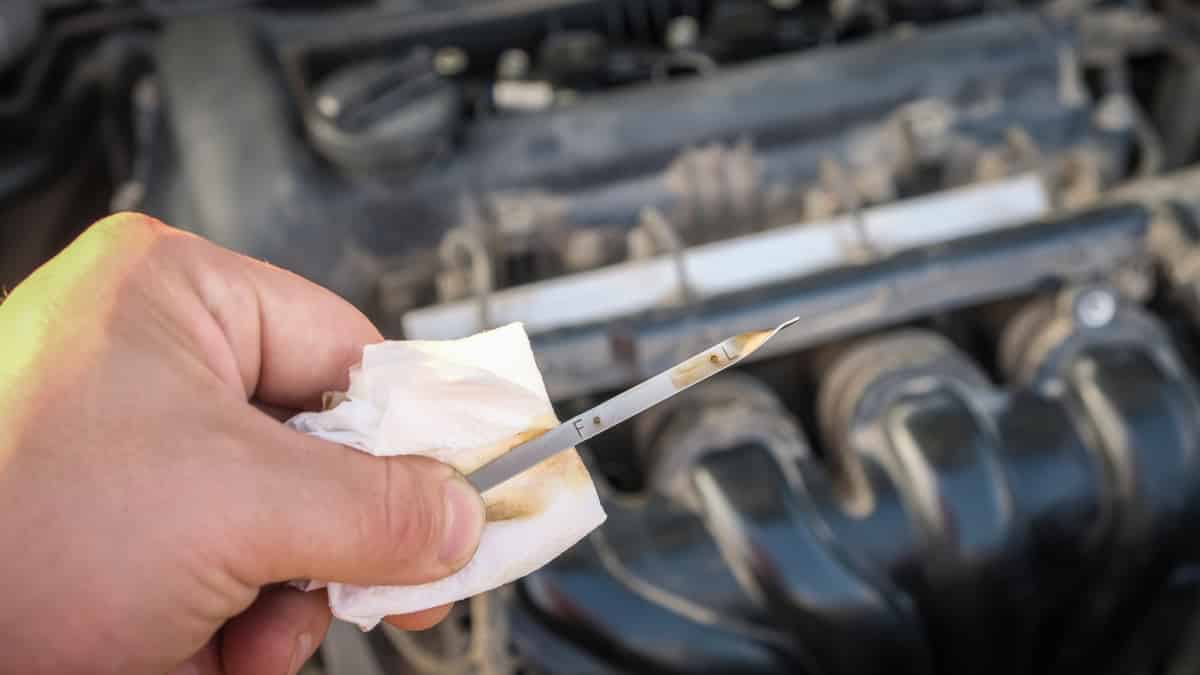
Table of Contents
- The Importance of Checking Your Engine Oil Is Crucial
- Steps for Checking Your Engine Oil
- Alerts That Your Engine Oil Needs Changing
- Exploring the Right Type of Engine Oil for Your Vehicle
- Customer Success Stories on Regular Engine Oil Checks
Understanding the Crucial Role of Engine Oil in Your Vehicle's Health
Monitoring your vehicle's Engine Oil is crucial to ensuring its efficiency.
A well-lubricated engine avoids friction, thus decreasing wear and increasing the life of your engine.
Regular checks alert you to possible issues before them becoming major problems.
It preserves you money on repairs and guarantees your vehicle functions at optimal efficiency.
Overlooking this simple step can lead to costly repairs and lowered vehicle performance.
Thus, knowing How To Check if your Engine Oil Needs Changing is vital for all vehicle owners.
Teaching yourself on this can significantly affect the well-being of your vehicle.
How To for Checking Your Engine Oil
Examining your Engine Oil is a straightforward process that should be carried out regularly:
- Ensure your vehicle is on a level surface and the engine is cool.
- Open the hood and find the Engine Oil dipstick.
- Pull the dipstick out, clean it, and then reinsert it fully.
- Remove the dipstick again and note the oil level and its color.
- Look for the consistency of the oil for any particles or grit.
These steps aid in determining whether your Engine Oil needs changing.
"Regularly checking your Engine Oil is more than just a maintenance task; it's a preventative measure to ensure the longevity and efficiency of your vehicle."
Identifying the Telltale Signs Your Engine Oil Needs Changing
There are several indicators that suggest your Engine Oil needs to be changed:
- The oil appears thick and sludgy, not amber and clear.
- You notice a strange odor coming from the engine area.
- The engine appears louder than usual, indicating increased friction.
- Oil level decreases quicker than normal, suggesting possible leaks.
- Your vehicle's performance deteriorates, affecting fuel efficiency.
These signs emphasize the importance of regular Engine Oil checks.
Picking the Correct Engine Oil for Your Vehicle
Selecting the right Engine Oil is crucial for your vehicle's health.
There are different types of oils, such as synthetic, semi-synthetic, and conventional, each designed for certain engine types.
Being aware of your vehicle’s specifications and the pros and cons of each oil type assists in making an knowledgeable decision.
Talking to a professional or referring to more info your vehicle's manual can give direction on the most suitable oil.
The correct Engine Oil not only prolongs the life of your engine but also improves its performance.
"After regularly checking and changing my Engine Oil based on guidance I received, I've noticed a significant increase in my vehicle's operation.
The engine runs more smoothly, and my fuel efficiency has increased.
This simple task has saved me from expensive repairs and prolonged the life of my car.
I cannot stress enough the importance of regular Engine Oil checks and changes for any vehicle owner."
